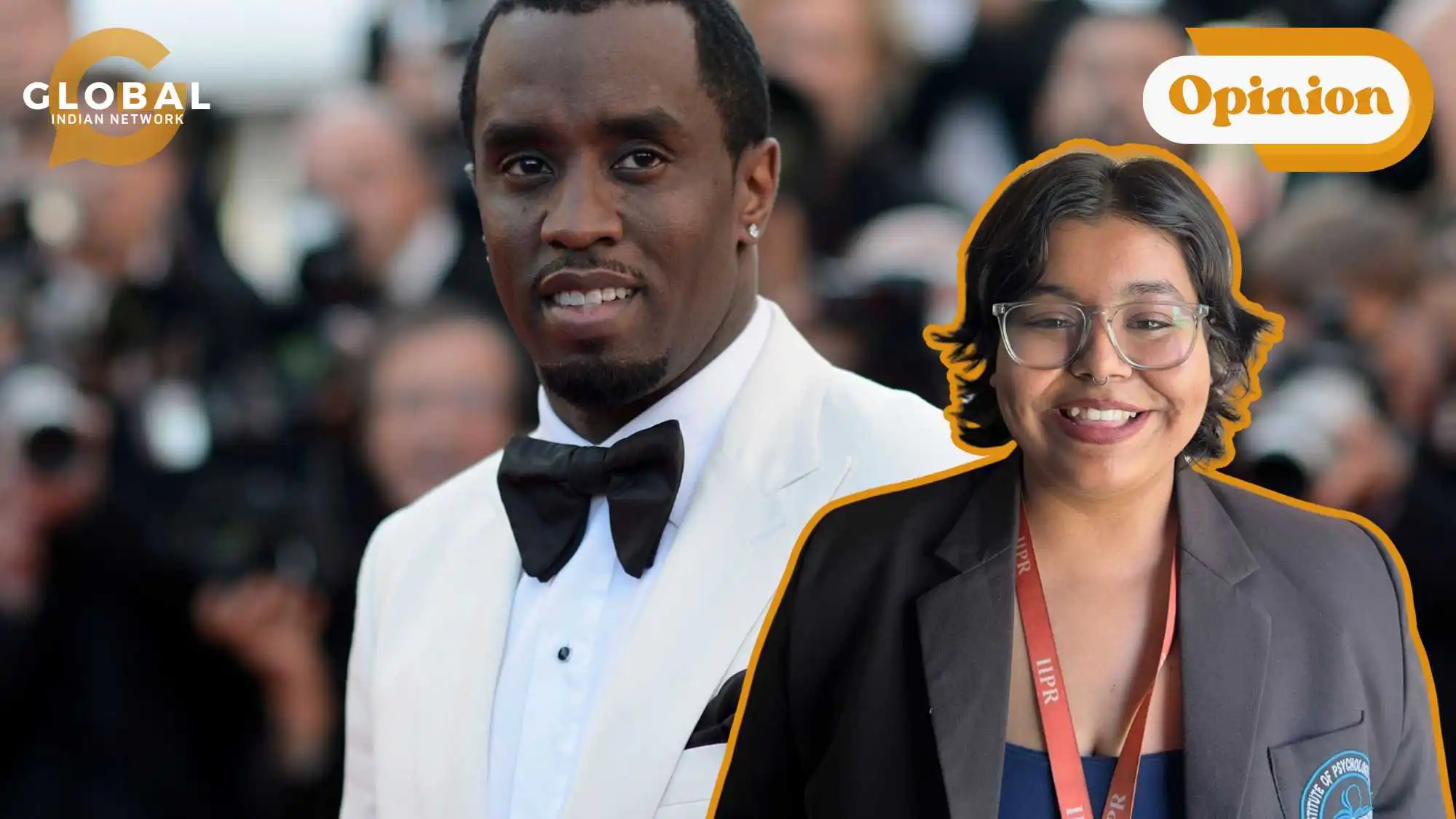Power is the ability to influence the attitude or behaviour of individuals and direct a course of action. And a great deal of it is commanded by the fame and wealth of the entertainment industry. The recent claims against hip-hop sensation Sean “P. Diddy” Combs underscore how stardom often acts as a shield in deflecting accountability, hence complicating justice. Admired by millions for his music and entrepreneurial success, P. Diddy now sits under federal custody awaiting trial on charges of sexual abuse and trafficking, coercion, and racketeering. This case illustrates how celebrity culture can distort the consequences of serious crimes.
For years, celebrity culture has created an almost impenetrable bubble for its stars, a place where even the most serious charges can feel more like plot twists in a reality show than actual threats to their freedom. Despite the noise around Diddy’s case and the media openly dissecting these allegations, the conversations almost feel muffled under the weight of his popularity.

Publications like The Guardian and The New York Times have raised concerns over the potential influence of his status on the legal proceedings and manipulation in media coverage of this case. They argue that even though the court of public opinion might be quick to render judgements, the court of law often lags behind, impaired by the resources of the rich.
If we compare P. Diddy’s situation to other high-profile cases, such as the Depp-Heard defamation case, the parallels between public opinion and media attention become quite evident. The case highlighted how fan loyalty and sentiments of people can overshadow a lawsuit, creating a spectacle out of a harrowing battle for justice. Polarized views, triggered by the avalanche of Twitter campaigns, footage leaks, and scandalous debates, frequently resulted in a loss of factual clarity. In Diddy’s case, fans are divided; some firmly support him, while others are deeply disturbed by the revelations. The doubt amongst his followers reflects a culture where devotion to a star frequently upstages moral judgment.
This response, however, is not rare. History reveals that public figures have a tendency to use their stature as a form of protection. R. Kelly’s fame overshadowed years of major allegations, and managed to avoid responsibility until overwhelming evidence was brought forward with extensive media broadcasts and public outrage concerning the lack and delay of justice.
Furthermore, a culture where celebrities are placed on such high pedestals is also reminiscent of how their influence shapes and oftentimes warps societal values. P. Diddy was a respected artist who came from a humble background and went on to become one of the most inspirational icons in the industry. When the allegations against him surfaced, it felt like a betrayal to many who once admired him. Yet, by not holding individuals accountable in the face of such accusations, society essentially indicates that money and status can buy anything—this undercuts the very values of equality and justice.
While some were quick to his defence, calling the allegations false and exaggerated, this reaction accentuates the broader issue in the celebrity culture: the reflexive impulse to defend beloved figures in the first instance, regardless of the evidence. This discussion is crucial because it goes beyond a single celebrity. It forces one to question whether they value fame and talent over integrity. Allowing a person to evade responsibility not only impacts the victims involved in these cases but destroys faith in the justice system as a whole. It reinforces that one’s status can overpower the pursuit of truth, leaving the abused disserviced.
As the lawsuits against P. Diddy continue to pile, it is of utmost importance that the media, supporters, and society at large hold a critical perspective. Being famous cannot be a fortification against evidenced accusations. Truth is paramount, and people must be held accountable for their misconduct—no matter how high they stand in the cultural hierarchy. Justice is not a privilege reserved for a few but a right upheld for all.

What are your thoughts on the power play between fame and justice? Let us know in the comments. If you want to share your views with us, feel free to drop a mail at larra@globalindiannetwork.com.









